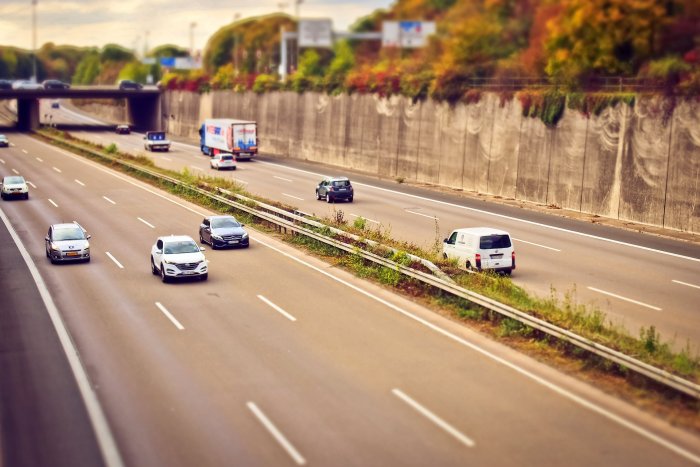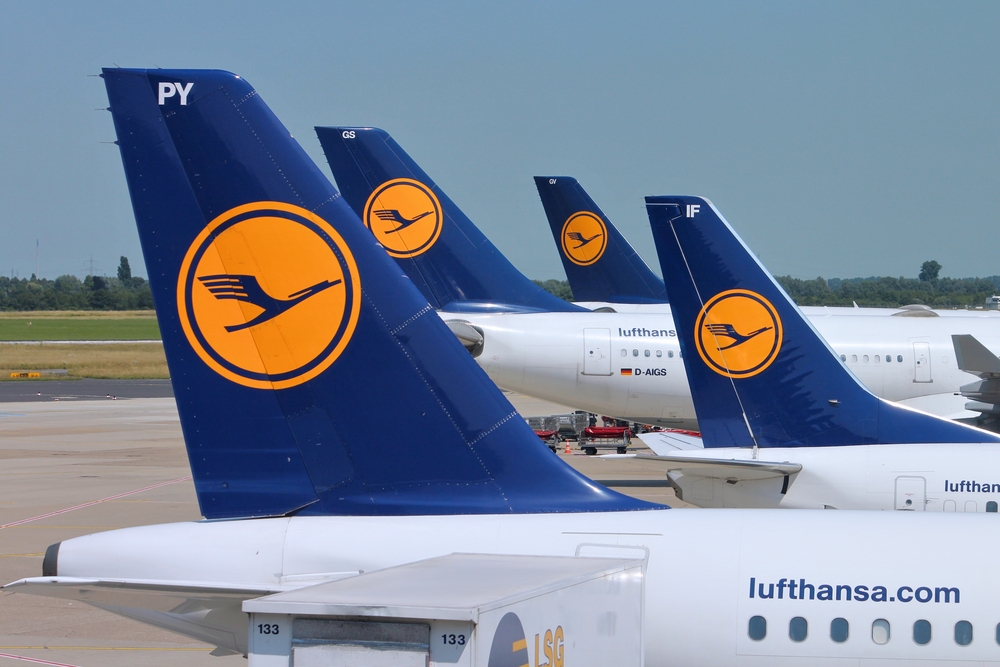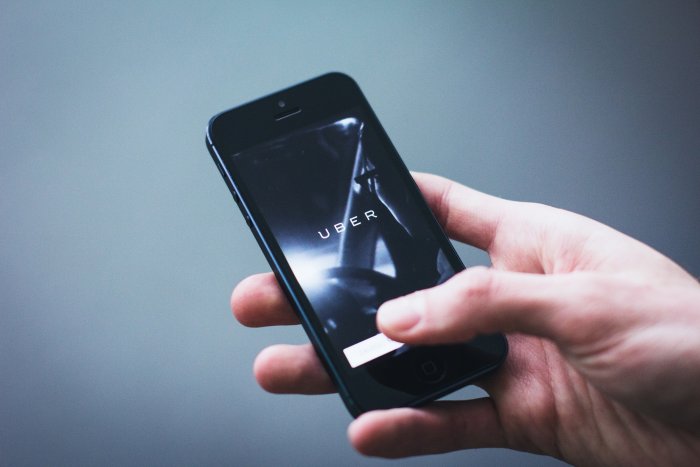Hungarian Drivers Tend to Interpret Highway Code Loosely

Image by Pixabay
Hungarians question the traffic rules, consider themselves better than average drivers, and blame others and the environment for accidents, according to research by Magyar Suzuki Corporation and Ipsos.
Almost 60% of Hungarian drivers see accidents on public roads every day, they consider the main causes of accidents to be non-compliance with the rules (48%), inattention (38.1%), and violent behavior (7.6%), the representative survey.
"Inattentiveness is a common phenomenon on public roads, we do not concentrate on the given situation while driving, and these situations can quickly cause an emergency. Reading an SMS, for example, takes an average of 4.6 seconds, during which time our vehicle travels approximately 63 meters at a speed of 50 kilometers. If we travel at a speed of 30 kilometers, this distance is 41.5 meters, which is approximately the length of eight cars, which we cover blindly. During this time, we endanger ourselves as well as our immediate environment", László Csörgő, leading trainer of the Driving Camp driving technique center, says.
According to him, driving experience can also lead us in the wrong direction on the roads, because we tend to rely on routine in an emergency.
"Routine in traffic is the biggest enemy of safety. Instead of habitual movements, conscious driving would be the key to safety. All of this can be obtained by completing a driving technique training, and thus we can also influence our immediate environment with our calm and considered behavior," he adds.
Most People Have Already Broken the Highway Code
According to the survey, some 75% of Hungarians have already broken the Highway Code, the answers represent that more men have violated the traffic rules (83.2%) than women (66.5%). Most of the time, however, they do not break the rules consciously or intentionally, but out of inattention (66.2%), because there are traffic situations that they cannot solve otherwise (58.6%), or they do not always feel clear or realistic (24.6%). There are, however, those who think (12.4%) that certain regulations exist only to impose fines on road users, they do not have a safety-related purpose, so they are not followed.
According to András Rusznák, judicial traffic expert, "the number of rule breakers can also reach 100% since in many cases we also break rules that we do not even know they exist or that we do not think should be applied in the given situation.”
"In addition, we often pass judgment on a rule, questioning its necessity. However, the police, or in some cases the court, does not consider the rule according to how viable or justified it is," expert suggests.
Shouldering the Blame
Although Hungarians see themselves as more attentive (72.4%) and calm (55%), they perceive other road users as aggressive (61.7%) and irresponsible (61.5%). Some 19.1% of the surveyed felt vulnerable on the roads. About 12.6% of Hungarian drivers are stressed about reaching their destination on time and safely. There are even those who believe that a certain aggressiveness and decisiveness towards other drivers is especially necessary when driving (6.5% and there were those who admit that their personality changes and they become a different person behind the wheel (5.5%).
According to the research, the accumulated stress in a tense traffic situation can challenge the behavior of even calmer drivers: they are frustrated and inattentive due to aggressive drivers or traffic stress, but Hungarians also often feel fear due to the reckless behavior of others. As a result, they curse, honk, use reflectors, or ignore the following distance. Some 12% of the respondents stated that they have at least once jumped out of their car to confront another driver.
"A survey also showed that more than 65% of road drivers consider themselves to be better than average drivers. However, this is a distortion of thinking: if someone else makes a mistake, we tend to blame that person, but for our own mistake, we consider environmental factors more likely to be responsible. Self-protection and positive differentiation from others are often an instinctive process, and a modern, competitive worldview can, unfortunately, reinforce this," traffic psychologist Dávid Zerkovitz notes.
In order to achieve safer traffic, 65% of the respondents would make Highway Code education mandatory from childhood, 47.2% would impose stricter penalties on violators, and 44.4% believe that it would be necessary to review and correct the current Highway Code regulations.
"As a car manufacturer, safety is of primary importance to us, but in addition to building quality, safe cars, the responsibility lies with the drivers. It would be necessary to fundamentally change a social behavior pattern for all participants in the traffic to be safe on the roads," explains Zsuzsanna Bonnár-Csonka, head of corporate communications at Magyar Suzuki Corporation.
"That is why we launched the Together on the Roads traffic safety program, in which each year we will deal with a different traffic problem in a more focused manner. In this year's campaign, we want to draw attention to how differently we behave behind the wheel than we think about ourselves. Together with experts, we are looking for tips on how to change these entrenched, bad behavior patterns," she adds.
From fall 2022, Magyar Suzuki Corporation will launch an awareness campaign for safer traffic.
SUPPORT THE BUDAPEST BUSINESS JOURNAL
Producing journalism that is worthy of the name is a costly business. For 27 years, the publishers, editors and reporters of the Budapest Business Journal have striven to bring you business news that works, information that you can trust, that is factual, accurate and presented without fear or favor.
Newspaper organizations across the globe have struggled to find a business model that allows them to continue to excel, without compromising their ability to perform. Most recently, some have experimented with the idea of involving their most important stakeholders, their readers.
We would like to offer that same opportunity to our readers. We would like to invite you to help us deliver the quality business journalism you require. Hit our Support the BBJ button and you can choose the how much and how often you send us your contributions.








